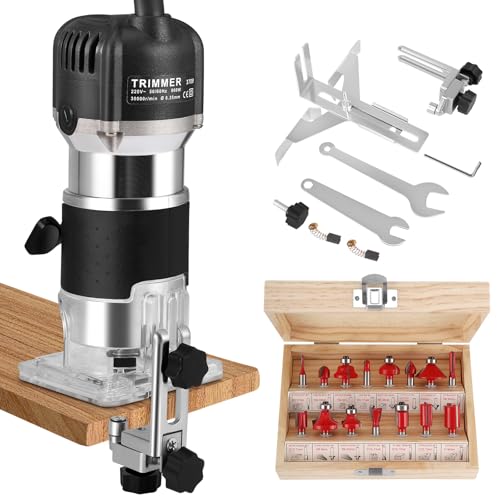It's not totally bullet proof but I've had good luck with a combination of wax (Renaissance puts on a good coating and so far as I know is free of silicones unlike many other types of wax) and then a wipe with a cloth with enough camellia oil to put on a film.
Camellia is nice (it's expensive from some sources but Dictum in Germany do a large volume pack for decent money) because it's easy on the skin and doesn't stain wood or cause finishing problems.
The big problem with rust is when a workshop gets cold for long enough for the heavier chunks of iron about to be brought down to that temperature and is then followed by the arrival of warmer wetter air as a result of a change in the weather.
If the metal (machines, tools etc) is cold enough to drop the wetter air below its dew point the result will be very heavy condensation - as though the items had been hosed down.
There's very little that will reliably prevent rust in this situation, especially if treatments that could cause problems with staining, silicones, finishing, strong smells etc are eliminated.
After that it's matter of either keeping some heat in a workshop when it gets cold (anything less than a few degrees C above zero) or perhaps (haven't tried it) of putting stuff in a storage bag made for this purpose.
A more or less sealed tool cabinet can help too, especially if perforated containers of properly dried out silica gel are also placed in it.
It's in the end short of maintaining quite high temperatures in the workshop advisable to enure a coating of something which acts as a barrier, because unprotected steel will even with light heating otherwise end up rusting a little.
It's a good idea to get set up with an easily accessible kit (tin of wax, brush, wax filled cloth, jar of camellia oil with a brush in the lid, tin with a camellia oil filled rag, fine scouring pad to remove rust traces etc) - that way it's much easier to make it a reliable part of the 'putting away' routine.
It's a good idea to make sure that every new tool is similarly treated when bought - including ordinary stuff like screwdrivers and so on.
If it's really precious bring it into the house over winter...
PS beware of polymerising oils like linseed as they reputedly can (?) if left in rags etc consitute a fire risk...
































